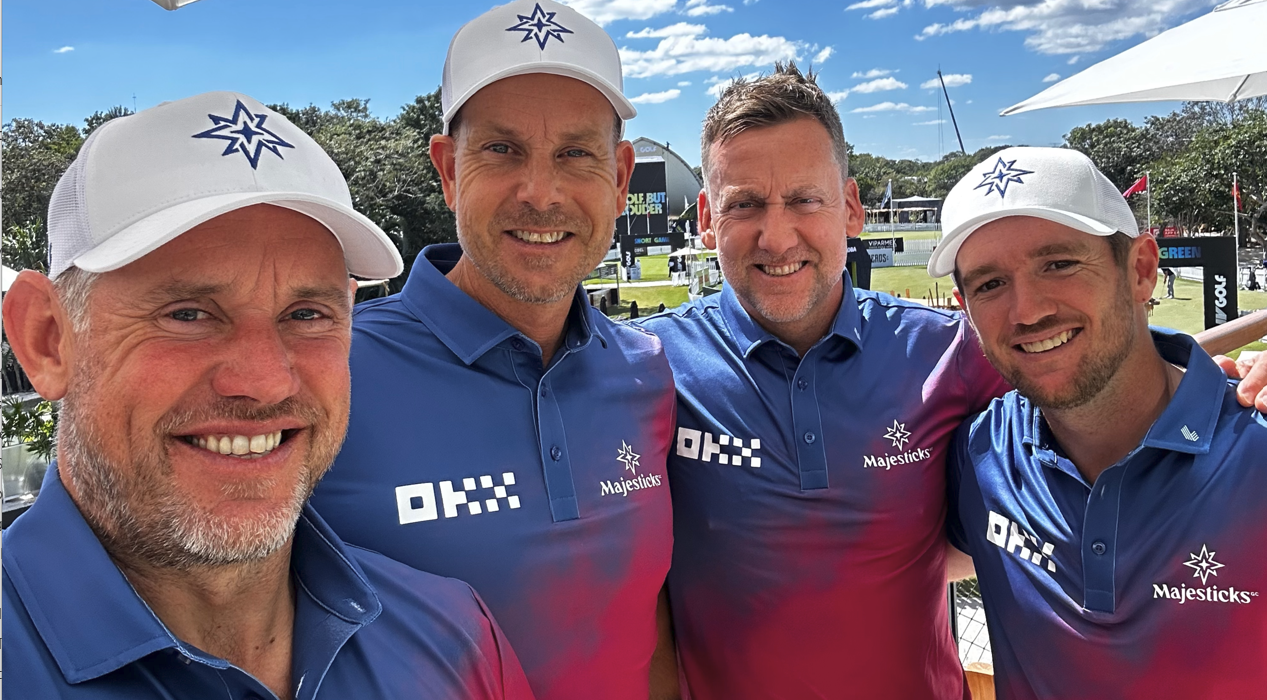Labor Management of the Future
Labor management software is on the move. What has long been considered the step-child of the bigger and more robust WMS software is about to steal the spotlight and become the long-awaited tool the supply chain industry needs. Known for its performance score reporting and incentive benefits today, labor management software, or LMS, has slowly been building its repertoire of capabilities throughout the past 15 years. In those years, we’ve seen functionality like planning and balancing begin to grow. We’ve seen systematic observations and coaching appear, and in the latest releases, we’re beginning to see the makings of an entirely mobile platform. Slowly but steadily, labor management has begun to grow from it’s original purpose of engineered labor standards to become an overall labor management solution.
There is substantially more logic and capability in today’s software than there was 15 years ago, but what’s next on the horizon? Labor management is on the verge of becoming a system capable of learning and adjusting from the data it collects. The software will soon be capable of not only understanding the rates at which work is occurring, but also at what rate the work will need to occur tomorrow. It’s not far from the day that it becomes a tool capable of precise predictions of both consumer and employee habits that will be capable of anticipating not only what is required, but also what is capable. I predict that this change in labor management software will be the greatest and most impactful change to supply chain software in the last 30 years.
In ten years, employees will no longer be directed by a supervisor. There will not be an interactive queue of work, where users are manually assigned to tasks considered a priority. Blending current retail scheduling software solutions and warehouse labor management solutions in the near future, employees will be directed entirely by software. In 10 years, a warehouse employee will receive a text message 12 hours before the start of their shift, directing them to one of the five warehouses, at which they’ve been trained to work, in their general vicinity based on work demand. Upon arrival and clock in, the warehouse employee will be directed by software to their workstation based on their training, previous performance and experience level. The employee will be provided an expected performance for the day and receive reminders throughout the day as to whether their pace is currently meeting expectations. During a shift, an employee will be redirected to other stations in the fulfillment center to meet increased workloads. Upon clock out, labor management software will send the employee a text message informing them of their performance and calculated incentive earned by exceptional performance for the shift.
Since inception, labor management has been the speedometer of the warehouse management and execution systems. Labor management is about to become the driver. This is no longer a question of when, but who? There is no software company more capable than JDA Software. Currently, JDA offers supply chain software that predicts buying habits, predicts influences to market demand, schedules employees, measures employees and manages the receiving, storage and fulfillment categories of supply chain. It’s exciting to think that the logic invested in these already market leading solutions are about to become the basis for a software that directs and manages the human elements of supply chain fulfillment. Step aside supply chain software, it’s labor management’s time to shine!






















